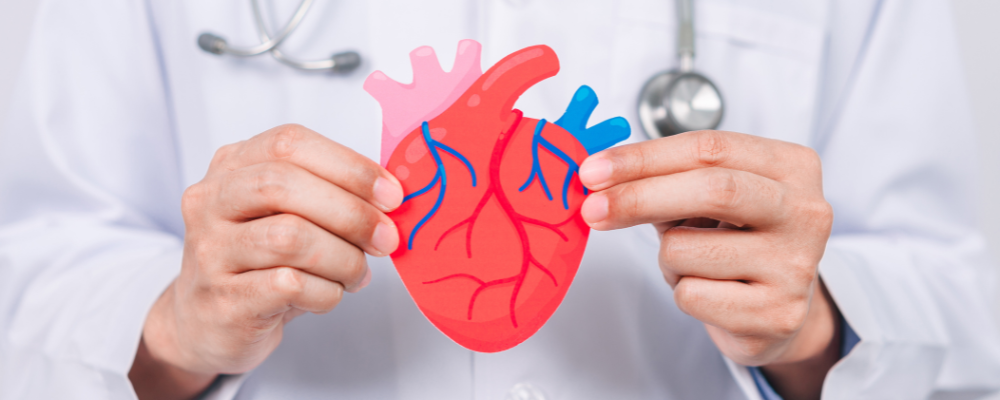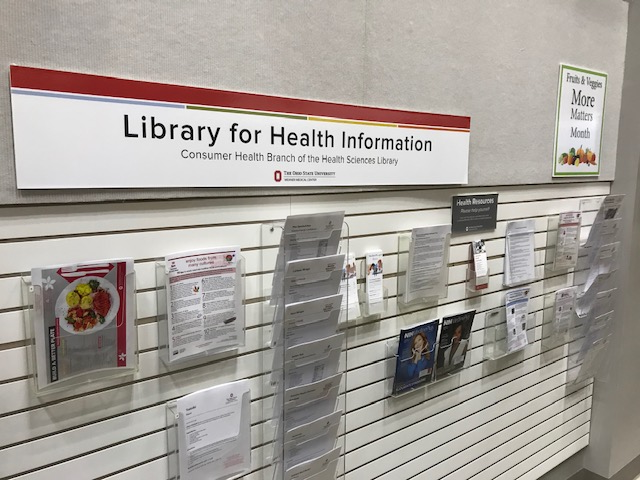Heart Health

The Library for Health Information (LHI) has gathered reliable resources for your heart health journey. See the resources below or reach out to our consumer health librarian for mroe evidence-based information.
Heart Attack Symptoms
According tot he American Heart Assocation (AHA), pay attention to your body and call 911 if you experience:
- Chest discomfort
- Shortness of breath
- Pain or discomfort in one or both arms, back, neck, jaw or stomach
- Cold sweat, nausea or lightheadedness
Women are also likely to experience chest pain when having a heart attack but may experience other lesser-known symptoms as well. These symptoms include:
- Anxiety
- Shortness of breath
- Nausea
- Vomiting
- Upset stomach
- Pain in the shoulder, back or arm
- Unusual tiredness and weakness
For more information about heart attack symptoms in men and women, you can visit the AHA website.
Healthy Living for Your Heart
Maintaining a healthy heart often starts with a healthy lifestyle. From eating well-balanced meals to practicing mindfulness, recommendations from the AHA to ensure heart health, include:

For more resources, please email your questions to an LHI librarian at health-info@osu.edu, or call us at (614) 293-3707. All information is free and confidential.
The Library for Health Information is here for you. To find out more, visit the LHI webpage.
